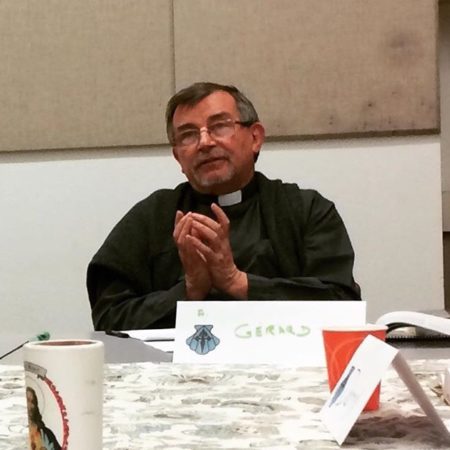October 4, 2020
In the first parable we hear today, from Isaiah, we hear a condensed history of the Chosen People. Like Eden, this vineyard is tended lovingly by God (“my friend”), its choicest vines fertile, full of life. But like Eden, what it yielded was from outside the goodness of creation. God’s wrath flares up with the yield of wild (Hebrew beushim, meaning “stinking” or “rotten”) grapes. Isaiah proclaims that the LORD will take away its protection, its life‐giving rain, its tender care. Though we know that God has forgiven the Chosen People again and again, Isaiah’s role as prophet demands he focus the people attention on their sinfulness.
The second parable, told by Jesus to the chief priests, uses the same setting, so no doubt the chief priests recalled the passage from Isaiah as Jesus told the new story. They are quick to judge the greedy, envious tenants, and rightly so, but they fail to make the connection of their role in the parable. So too may we. When do we persist on putting our own self‐interest before the landowner’s/my friend’s/God’s? As in the parable immediately receding this one, the one we heard last Sunday, God entrusts the vineyard, the kingdom, to those who do the work and produce good fruit.
Now that we know what we are called to do, we must ask how we do it. How does our faith bear fruit? Saint Paul tells us. Pursue what is true, honorable, just, pure, and all things worthy of God’s praise. This is how our faith is brought to fruition. “Then the God of peace will be with you” (Philippians 4:9).
Fr. Gerard Lecomte, CJM
Pastoral Patterns Summer 2020

